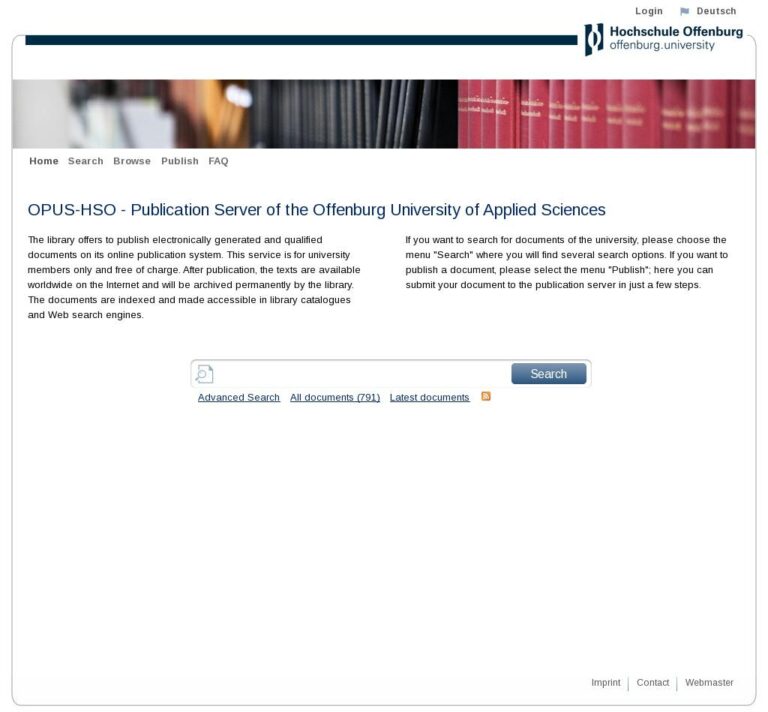Zenith Energy Amplifies Arbitration Claim Against Tunisia to $572 Million Amid Rising Investment Tensions
In a notable escalation within the international arbitration arena, Canadian oil and gas firm Zenith Energy has increased its claim against the Tunisian government to an unprecedented USD 572 million. This development intensifies a protracted legal confrontation rooted in disagreements over hydrocarbon contracts and regulatory compliance. Set against Tunisia’s ongoing economic reforms and challenges, this amplified claim not only highlights the substantial financial stakes involved but also casts light on broader concerns regarding foreign investment security in North Africa.
Background: The Growing Rift Between Zenith Energy and Tunisia
The dispute centers on allegations by Zenith that Tunisian authorities have failed to honor contractual commitments related to licensing rights and operational control over key oil fields. After extended negotiations reached an impasse, Zenith resorted to arbitration proceedings seeking compensation for what it describes as breaches of contract that have severely impacted its business operations.
This move comes amid increasing scrutiny of Tunisia’s investment climate, with stakeholders expressing apprehension about potential risks such as expropriation or regulatory unpredictability. The core issues fueling this conflict include:
- Contractual Breaches: Claims of violations concerning agreed terms governing exploration and production activities.
- Investor Confidence: Questions raised about Tunisia’s reliability as a destination for foreign direct investment (FDI), especially in resource sectors.
- Operational Uncertainty: Potential disruptions affecting both current projects and future ventures within the region’s energy landscape.
Navigating Legal Complexities: Sovereignty, Arbitration, and Enforcement Challenges
The surge in Zenith’s claim brings several intricate legal considerations into focus. Central among these is the tension between sovereign immunity-a principle protecting states from certain legal actions-and international arbitration enforcement mechanisms embedded within bilateral investment treaties (BITs) and multilateral accords. While Tunisia may invoke sovereign immunity defenses, international law frameworks often provide avenues for investors like Zenith to seek redress when governments are perceived to act unfairly or breach agreements.
This case also carries potential diplomatic consequences; a ruling favoring Zenith could influence Tunisia’s standing among global investors by signaling how disputes are managed under its jurisdiction. Moreover, such outcomes might encourage other multinational companies operating across Africa’s energy sector to pursue similar claims if they encounter comparable challenges-potentially reshaping regional investment dynamics significantly.
Tackling Investment Disputes: Best Practices for African Oil & Gas Stakeholders
The rise in contentious cases like this underscores the necessity for robust strategies aimed at preventing prolonged conflicts while safeguarding investor interests. Key approaches gaining traction include:
- Strengthening Regulatory Frameworks: Governments are urged to enhance transparency, consistency, and predictability within their legal systems-factors critical for attracting sustainable FDI flows.
- Pursuing Arbitration Proactively: Embracing arbitration as a preferred dispute resolution tool can reduce litigation timelines while fostering mutually acceptable solutions between parties.
- Cultivating Partnerships with International Bodies: Engaging organizations such as the World Bank or regional economic communities can provide mediation support alongside technical expertise during negotiations.
Apart from formal mechanisms, fostering inclusive dialogue remains vital. Effective community involvement helps mitigate social tensions linked with resource extraction projects through measures like:
- Sustained Community Consultation: Integrating local voices into decision-making processes enhances legitimacy and reduces opposition risks associated with project implementation.
- Create Regular Stakeholder Forums: Establishing continuous communication channels promotes transparency while enabling early identification of emerging issues before escalation occurs.
- Lawsuit Prevention Training Programs: Equipping corporate legal teams with advanced skills in negotiation techniques improves their capacity to resolve disputes efficiently without resorting immediately to litigation or arbitration procedures.
The Broader Impact: What This Means For Foreign Investment In North Africa
The unfolding dispute between Zenith Energy and Tunisia exemplifies wider challenges faced by emerging markets striving balance national sovereignty with obligations toward foreign investors under global trade norms. According to recent data from UNCTAD (2023), North Africa attracted approximately USD 12 billion in FDI inflows last year-a figure vulnerable if investor confidence erodes due partly to unresolved disputes like this one.[1]
If resolved amicably through transparent processes respecting both parties’ rights, cases such as these could reinforce trust frameworks essential for long-term sector growth across African nations rich in natural resources yet grappling with governance complexities.
Conversely, protracted conflicts risk deterring capital inflows crucial not only for energy development but also broader socioeconomic progress throughout the continent.
As observers await further developments surrounding this high-profile case involving one of Canada’s leading energy firms versus an important Maghreb state,
the outcome will likely resonate far beyond bilateral relations-shaping perceptions around risk management strategies employed by governments eager to attract responsible investments amid evolving geopolitical realities.







